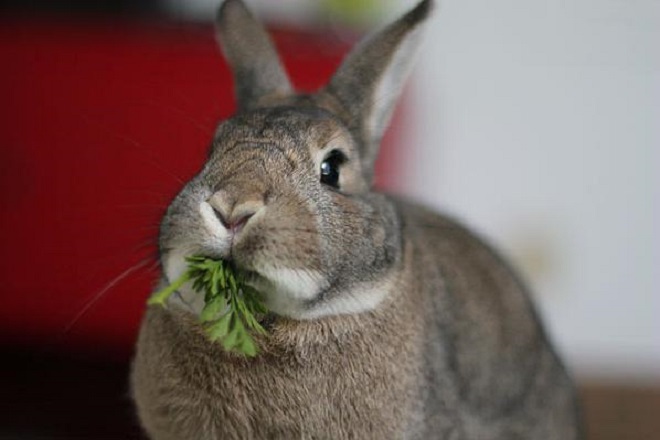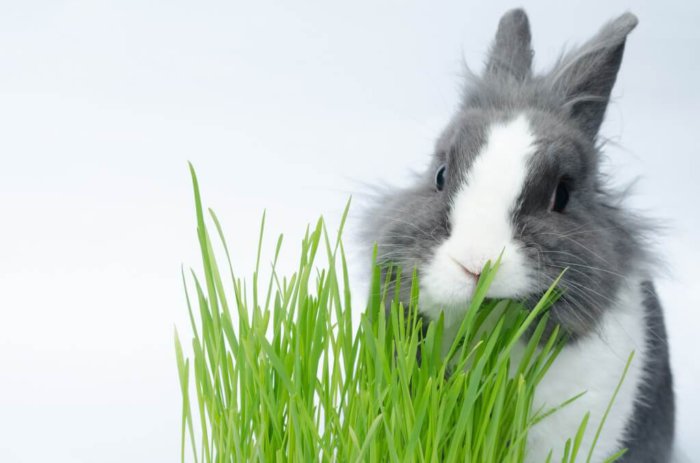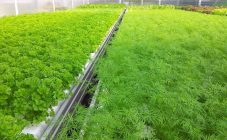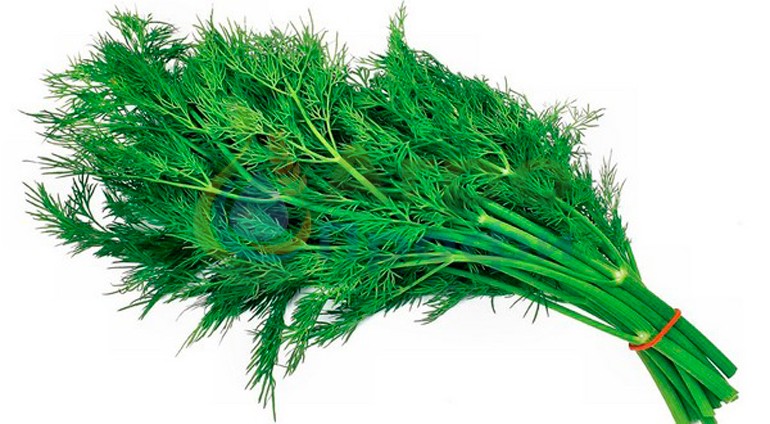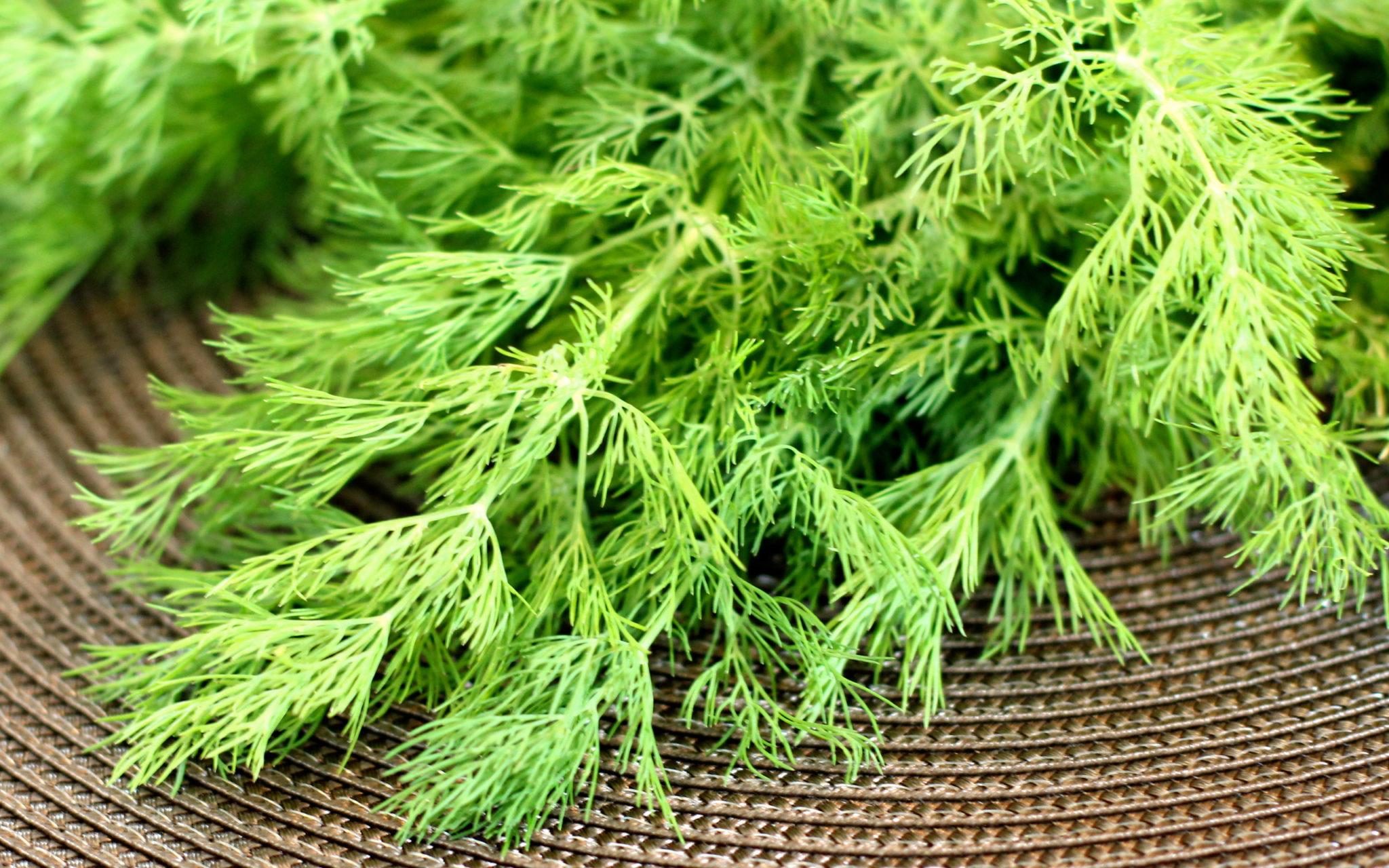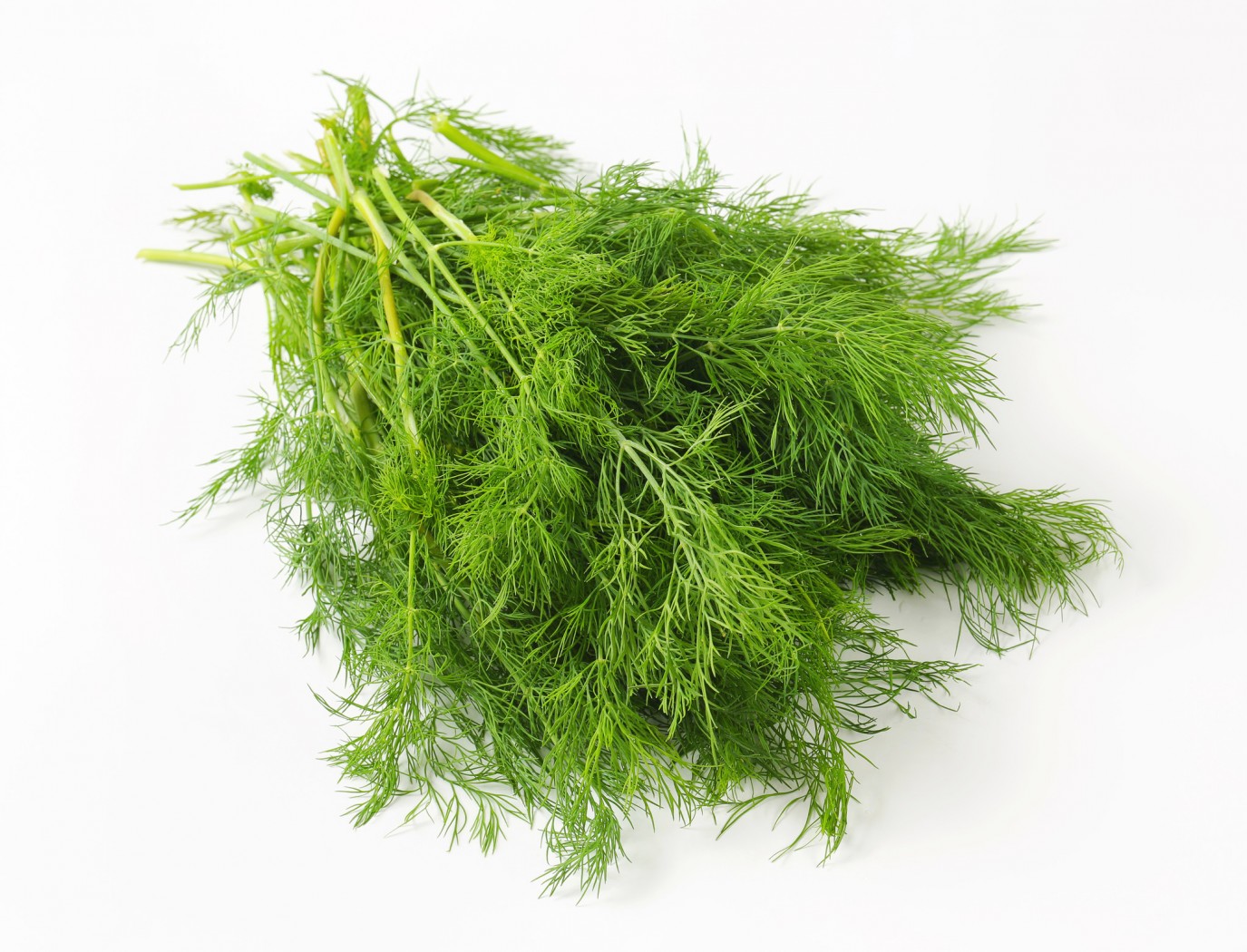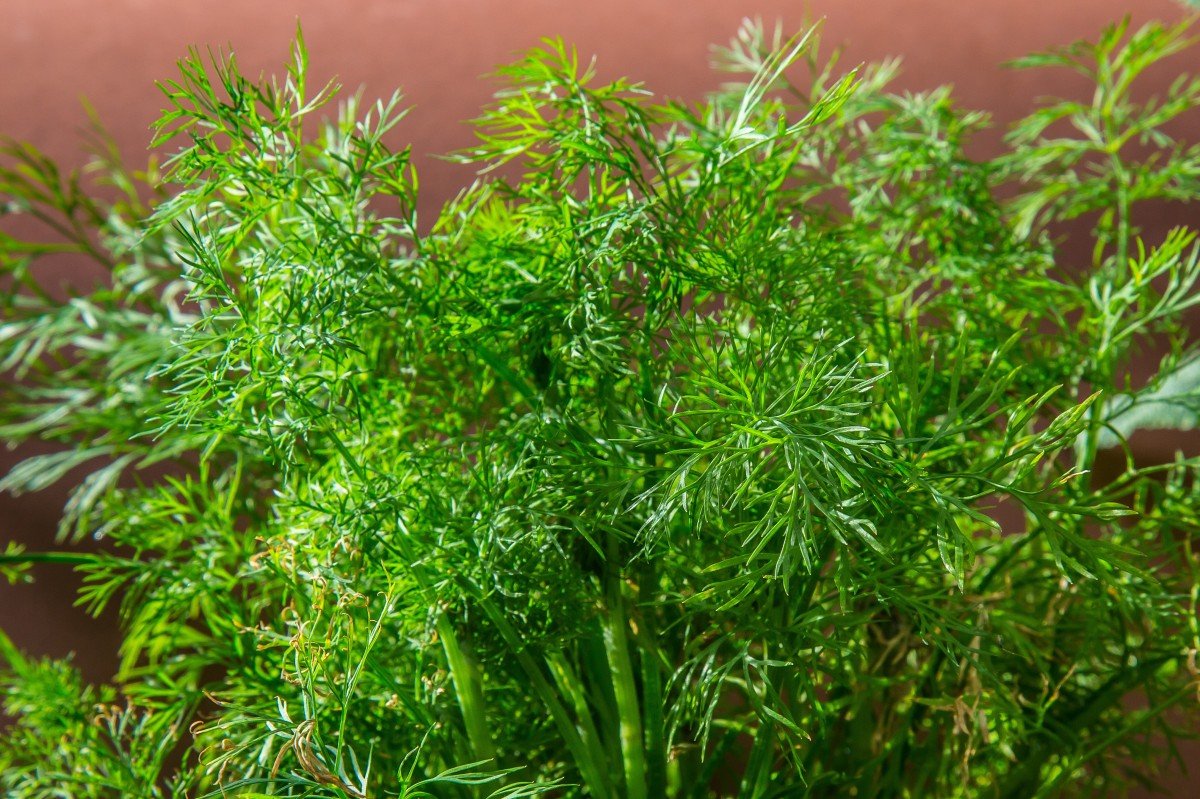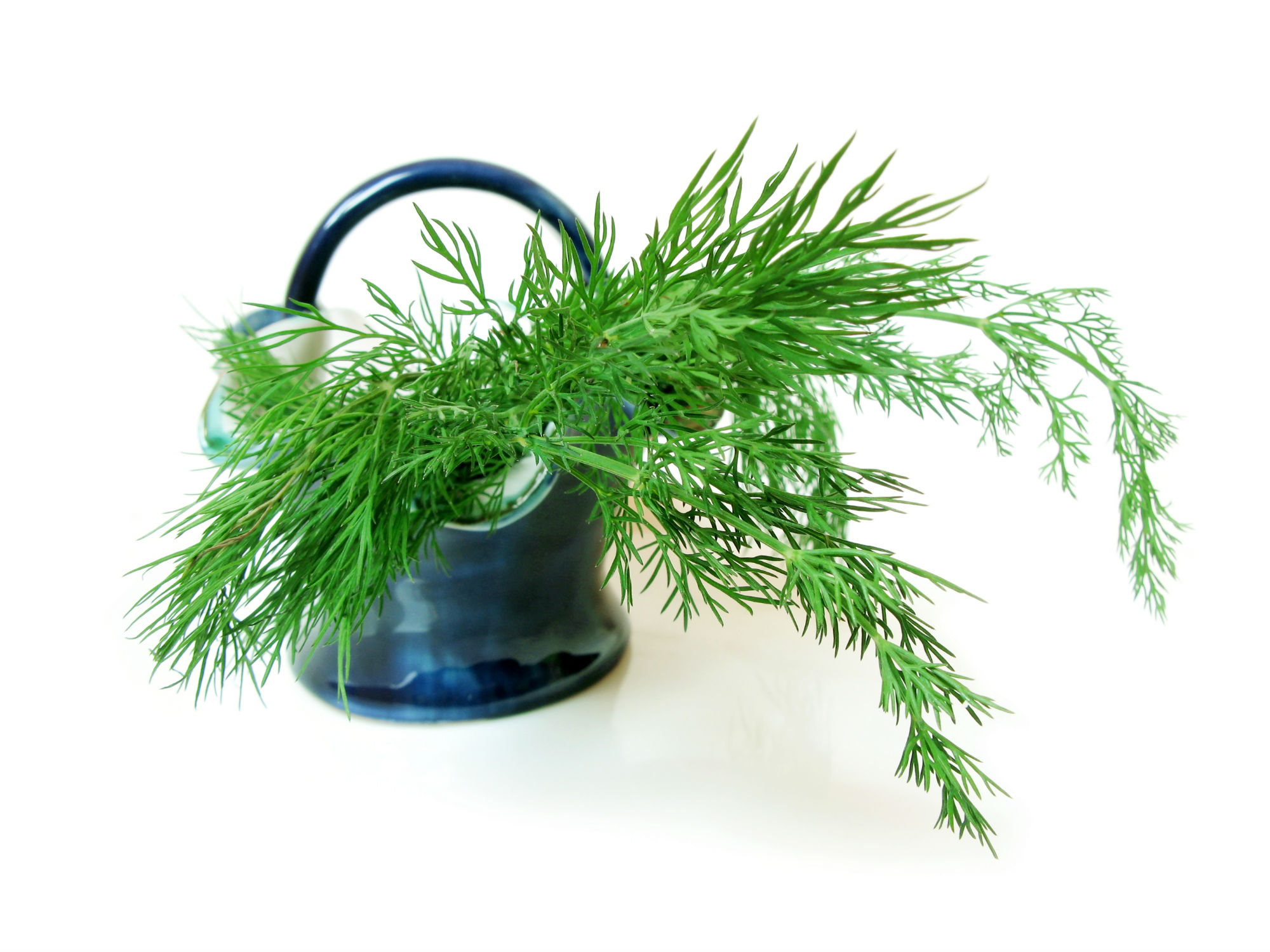Content:
Rabbits are quite omnivorous animals, however, not all food suits them. A properly balanced diet will help your pet to stay in good shape at all times. In the wild, rabbits eat different greens, so many owners have a question - is it possible to give dill and parsley to rabbits. If so, at what age is it best to add these greens and in what proportions.
Can rabbits give dill and parsley
Dill and parsley are very beneficial not only for humans, but also for animals. These types of greens contain useful vitamins and minerals:
- thiamine;
- carotene;
- fatty, essential oils;
- protein;
- riboflavin;
- apiol;
- vitamins A, B and C;
- salts of iron, phosphorus, potassium, magnesium, calcium, zinc, manganese, copper, sodium;
- luteolin;
- beta carotene.
Lack of these vitamins and elements can provoke the development of various diseases and lead to metabolic disorders.
Despite the rich content, veterinarians do not give a definite answer to the question of whether it is possible to give dill and parsley to rabbits. Among the disadvantages of this type of greens is a bitter taste, which can affect the taste buds of the animal so that it begins to refuse food. However, this claim is controversial. But there is a possibility that a new product could cause a malfunction in the gastrointestinal tract. In general, these herbs work well for both ornamental and meat breeds of rabbits.
At what age can this herb be introduced into the diet
Veterinarians recommend starting to gradually introduce dill and parsley into the rabbit's diet after six months. By this time, the animal's stomach will be able to digest such food. Particular attention should be paid to the nutrition of rabbits during weaning from breast milk - this period is important for the correct formation of the work of the gastrointestinal tract.
Dill and parsley - benefit or harm
For full development, rabbits must receive the necessary vitamins, macro- and microelements in full. Adding parsley to the animal's diet has:
- anti-allergic action - helps to reduce swelling and prevent allergies;
- anti-inflammatory effect - the presence of apiol helps to fight inflammation;
- enhances immunity;
- helps fight fungus, mold and germs;
- removes salts from the body, helping the body eliminate excess water.
Dill also has medicinal properties for rabbits. With it you can:
- improve the work of the heart, strengthen the walls of blood vessels, increase the activity of phagocytes;
- protect the body from the development of urolithiasis and diseases of the bladder;
- increase the amount of milk in rabbits and improve its quality;
- get rid of bloating and flatulence;
- strengthen the immune system;
- avoid the development of vitamin deficiency;
- disinfect the oral cavity;
- protect against inflammatory processes;
- take care of the condition of the reproductive system;
- improve the functioning of the nervous system;
- eliminate stool problems;
- get rid of the manifestations of allergic reactions;
- improve the work of metabolic processes;
- strengthen the skeleton;
- improve tissue regeneration;
- ensure the normal development of rabbits.
Veterinarians note that the addition of dill and parsley to the diet of rabbits can harm them. Greens are dangerous to the body of animals if the pet abuses it. Side effects of excessive consumption of these foods are flatulence and diarrhea. Also, dill mixture is contraindicated for young growth.
How to collect and prepare herbs correctly
When collecting greens, carefully ensure that the leaves of dope, celandine and tobacco do not get into the pet's feed along with the sprigs of dill. These herbs cause poisoning and can be fatal. Also, experts do not recommend picking greens near the road.
After collection, dusty stems and leaves are washed well with water. Before serving, the greens must be dried (fresh grass is rich in essential oils that can ruin the intestines). The plucked grass can be put to dry on a windowsill or under a canopy for a couple of days. However, it is important to ensure that the greens do not dry out.
In case the grass is very dry, you can lightly sprinkle it with water before serving. Some people dry greens by placing them in the refrigerator - this is enough to dry them slightly. You can also dry greens for future use to feed the pets in the winter season. All useful vitamins and microelements are preserved in the dried form. Store dried dill and parsley in paper bags, in places with good ventilation.
Don't give your rabbits store-bought greens. It is often treated with chemicals to maintain freshness. Nitrates from commercial dill and parsley can poison your pet.
How to find proportions for feeding
Rabbits have a rather delicate stomach, so it is necessary to add a new product to the diet with great care. The main food products of the eared are hay and compound feed. Each product has its own dosage, and greens are no exception. Dill and parsley are rich in essential oils, so they can negatively affect the functioning of the body.
To begin with, you can give your pet a small sprig of greenery and observe its behavior. It is worth paying attention to the readiness with which the rabbit ate an unusual delicacy for him. If there are no interruptions in the work of the intestines, these herbs should be given one or two branches a day. At first, you can give greens every other day.
The product is mixed with dry food or vegetables. Alternatively, make a green salad with other herbs. Dill and parsley go well with radish and carrot tops, nettle, dandelion, coltsfoot, plantain and yarrow.
Experts say that the taste of rabbit meat largely depends on what foods the animal ate. Dill and parsley can be fed to animals, but, as with any other product, it is important to observe the measure. The correct diet will protect the rabbit from various diseases and make the coat shiny and fluffy.
